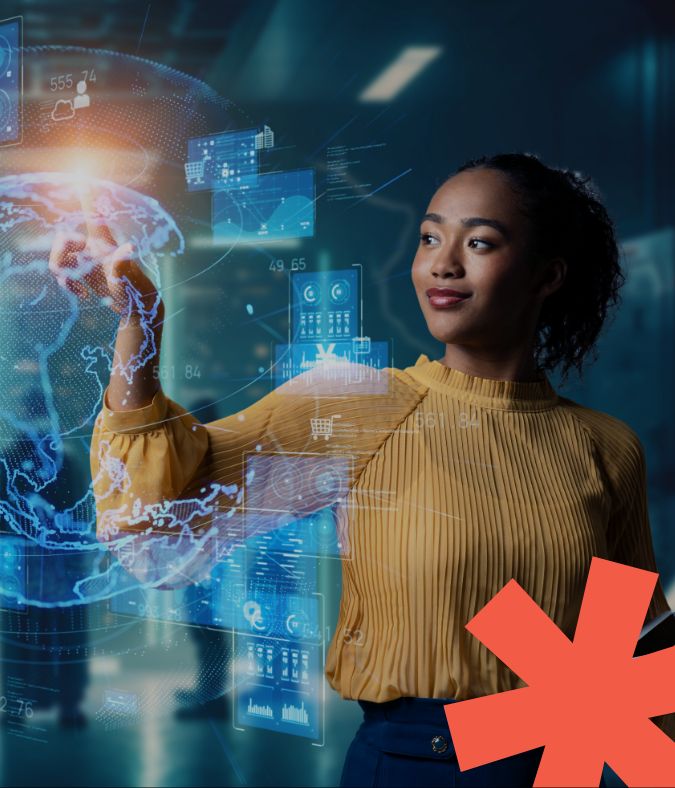Wipro’s Tech Trends for 2025 report highlights key technology trends that are poised to transform industries and shape the future of enterprises. As technology increasingly mirrors human behaviour, with disruptive scale and speed, enterprises are set to accelerate the integration of AI and other advanced technologies to unlock significant business value.
A global team of experts in Wipro Lab45 focuses on incubating emerging tech and client-centric innovations. This report draws on insights from clients, partners, startups, academia, and studies by Wipro Lab45 Research.























